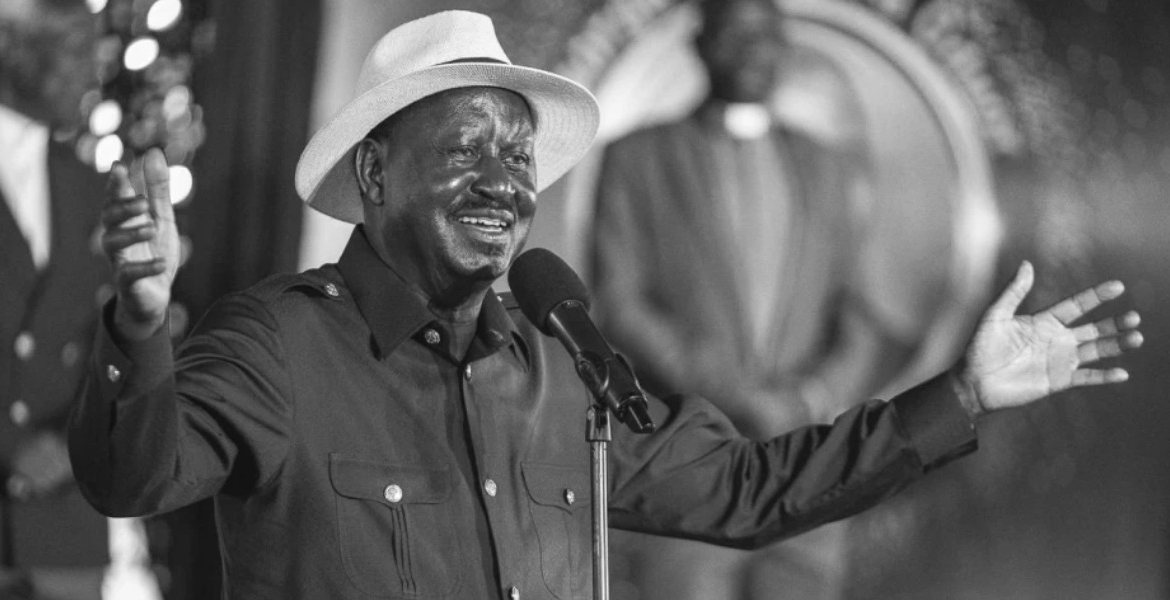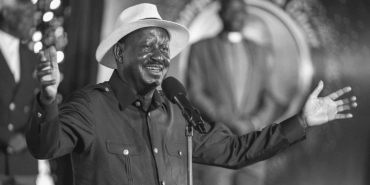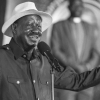“Jamaica Farewell”: The Song Kenyans Are Using to Mourn Raila Odinga

Raila Odinga’s death has prompted an outpouring of tributes, with many Kenyans turning to a song he once cherished to remember his life and legacy.
In January 2020, during a televised interview at his Karen home with journalist Joseph Warungu, Raila softly sang the opening lines of Harry Belafonte’s Jamaica Farewell. The moment, then a nostalgic reflection, now carries new weight as a symbolic farewell. In the interview, he spoke openly about his love for music and named Belafonte as his favourite artist, citing the song as a lasting influence from his youth.
Raila had performed the same song before. In a 2017 interview with KTN’s Betty Kyallo, he recalled how it had once been translated into Kiswahili, a sign of its popularity in Kenya. For him, it was more than a tune, it represented memories of his early years and the many journeys that shaped his life.
Born into a family closely tied to Kenya’s independence struggle, Raila lived a life defined by transition. His path led from university studies in East Germany to detention during the Moi era, and later to senior positions in government. At every stage, he experienced departures, whether from allies, political roles or personal freedoms, but remained committed to the pursuit of democratic reform.
In his later years, Raila took a more reflective approach to public life. Visitors to his home often found him listening to the music of his youth, a quiet soundtrack to decades of political struggle and personal endurance.
Following news of his death, Kenyans have widely shared Jamaica Farewell on social media as a collective tribute. One line in particular, “But I’m sad to say, I’m on my way, won’t be back for many a day,” has resonated strongly with the public, capturing the national mood of loss.
For many, the song’s references now stand as metaphors for Raila's own journey. His legacy remains closely tied to Kenya’s democratic development, the political movements he inspired and the institutions he helped shape.








Add new comment